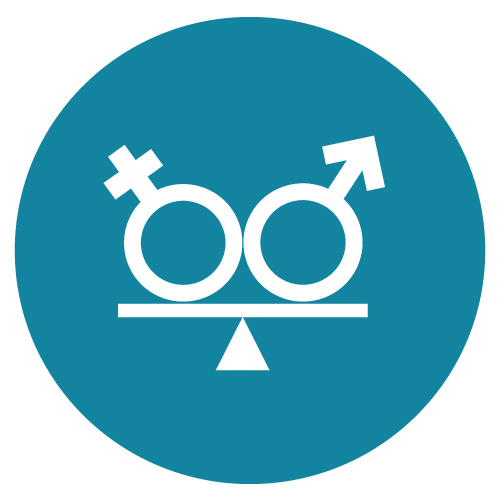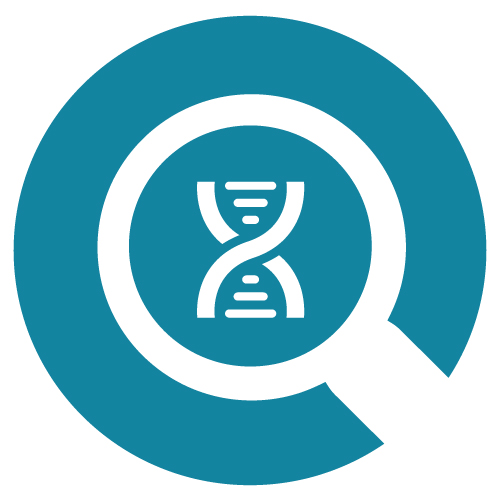Genetic Testing At Fakih IVF
Fakih IVF Fertility Center has a full-service in-house Genetics Laboratory. — Genetics Laboratory in the UAE capable of performing Genetic Testing on embryos. As part of Fakih IVF Fertility Center’s mission to fulfill dreams of parenthood through the delivery of healthy babies, Fakih IVF Fertility Center’s Genetics Laboratory is equipped with the newest technologies, capable of performing the most up to date genetic testing and is the location of many medical firsts worldwide. With locations in Dubai and Abu Dhabi and medical partners in Al Ain, Fakih IVF Fertility Center is available to help couples throughout the UAE and abroad.
Fakih IVF Fertility Center’s Genetic Testing services include those that are performed during IVF, screening tools to identify carriers of hereditary diseases, genetic testing during pregnancy and genetic risk assessment through Geneus®.
Genetic Testing and IVF
Completing Genetic Testing during an IVF-ICSI cycle provides a wealth of information about each embryo before transferring to the uterus. During an IVF cycle, following Egg Retrieval (OPU) and ICSI, when the egg and sperm have fertilized to form an embryo, a few cells are taken from the embryo to be tested in the Genetics Laboratory. The Embryo Transfer takes place after the results of the genetic test are released. Completing Genetic Testing does not alter the duration of treatment.

|
Family Balancing (Gender Selection): Screen your embryos to identify the gender and check for chromosomal abnormality such as Down Syndrome. |

|
Comprehensive Chromosomal Screening (CCS): Screen all 24 chromosomes for gender as well as any chromosomal abnormalities caused by missing or additional chromosomes. Chromosomal abnormalities include Trisomy 13 (Patau’s syndrome), Trisomy 18 (Edward’s syndrome) and Trisomy 21 (Down syndrome). Chromosomal abnormalities are the leading cause of miscarriage. |

|
Pre-Implantation Genetic Diagnosis (PGD) for Hereditary Disease or Single Gene Disorders: Assess embryos for hereditary diseases, allowing parents with a known hereditary (genetic) disease to ensure their children do not have that genetic condition. |

|
HLA Matching – Curing a Family Member: Cure a family member suffering from a hereditary disease curable by bone marrow transplant by identifying an HLA Match during IVF. |
Identify & Prevent Hereditary Disease
Based on individual needs, a genetic counselor will recommend one of the following three methods for identifying hereditary diseases. If a genetic mutation is found, Pre-Implantation Genetic Diagnosis (PGD) during an IVF cycle is utilized in order to avoid passing on the hereditary disease. Mutation Screening by Sanger Sequencing is most often recommended when the genetic disease has previously been identified or there is a known family history for a particular genetic disease. Mutation Screening is used to detect genetic diseases caused by a few number of mutations or for detecting mutations in small genes. Exome Screening by Next Generation Sequencing is used to screen for unidentified hereditary diseases or polygenic diseases, diseases that usually involve two or more genes interacting.. In contrast to current sequencing tests that analyze one gene or small groups of related genes at a time, Exome Screening will analyze important regions of tens of thousands of genes at the same time. Next Generation Sequencing is the new generation of technology that has brought DNA sequencing to an unprecedented speed. Premarital or Preconception Screening is a service for couples who want to ensure that their children will not be at risk of inheriting a genetic disease. Screening may be completed if there is a known hereditary disease in the couple’s family history, if there is an unidentified hereditary disease in the couple’s family history or if there is there no family history for hereditary disease and the testing is used as an extra precaution.
Genetic Testing during Pregnancy
Fakih IVF Fertility Center offers two genetic testing services for pregnant women. The first, Non-Invasive Prenatal Diagnosis, is an additional screening tool for pregnant women to ensure the health of their baby through a non-invasive method at an earlier stage than was possible with conventional screening tools. The gender of the fetus may also be identified. The second test is a tool for women who are experiencing miscarriages and are interested in identifying the cause of the aborted pregnancy by completing a chromosomal analysis of their Products of Conception. Non-Invasive Prenatal Diagnosis (NIPD): Screen for Trisomy 13, 18 or 21 (Down Syndrome) and identify the gender of your fetus through a non-invasive blood test at 10 weeks. Products of Conception (POC): Fetal loss is the most common pregnancy complication, occurring in 25-30% of recognized pregnancies. Chromosomal analysis on Products of Conception may help identify the cause of pregnancy loss and improve management of future pregnancies by considering Assisted Reproductive Techniques and Comprehensive Chromosomal Screening to avoid the recurrence of miscarriages.
Fakih IVF Fertility Center’s Genetics Laboratory is led by Dr. Ali Hellani, a world-renowned Reproductive Geneticist with over 15 years of experience, particularly in Pre-Implantation Genetic Diagnosis (PGD). Dr. Hellani was the first scientist worldwide to diagnose multiple diseases on a single cell as well as the first to diagnose the whole set of chromosomes on a single cell. He is currently the first and only scientist to perform PGD on single gene disorders with direct HLA matching. To learn more about any of the services described above or to discuss your personal case, contact genetics@fakihivf.com or book an appointment today.









